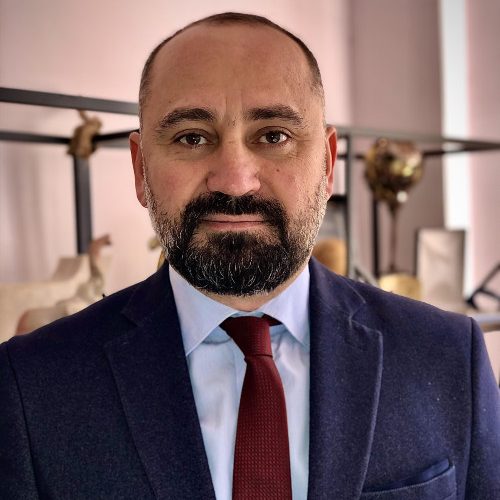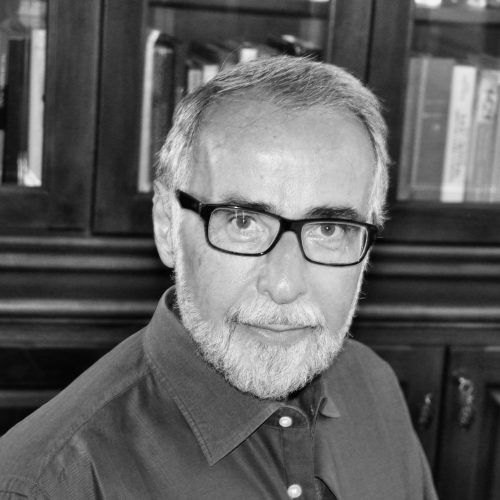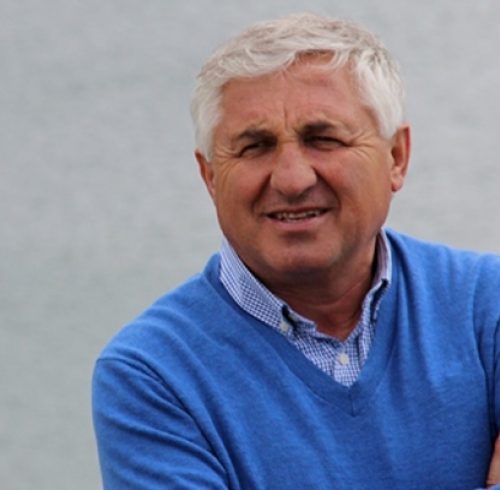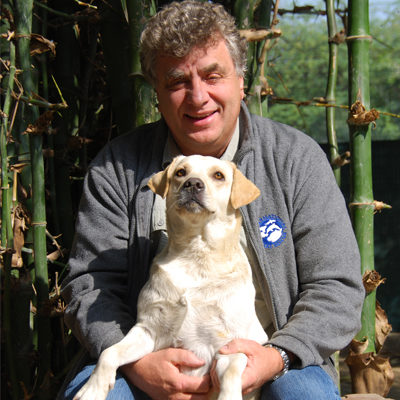Wildlife Filmmaker, Producer, Photographer and ConservationistRuben Khachatryan
Ruben Studied at the Theological Seminary of the Armenian Patriarchate of Jerusalem. He studied Fine Arts and Film Directing, Global Environmental Management and Policy in Armenia, Georgia, Germany and Switzerland.
Ruben established the Foundation for the Preservation of Wildlife and Cultural Assets (FPWC) on Y2002. He directed many cultural and environmental projects, such as the SunChild International Environmental Festival, SOS Culture, Pan Armenian Environmental Painting Contest, etc.
One of his most important inputs in Conservation effort is the establishments of the Caucasus Wildlife Refuge (CWR) on Y2010, as a Privately Protected Area (PPA) with a surface of 30,000 ha., in Ararat and Vayots Dzor Regions of Armenia. CWR serves not only as a buffer zone surrounding the Khosrov State Natural Reserve, but offers wildlife migration corridors, too.
He is the Director of Yerevan Zoo, since Y2011. During his service years there, the Yerevan Zoo was transformed to match the EAZA Standards.
Ruben’s films were awarded many prizes in Armenia, the Netherlands, USA, France, Germany, Russia, Poland, etc.
Ruben was granted Armenia’s Presidential Award on Y2011, the Golden Medal of the RA Ministry of Nature Protection on Y2015.
On Y2018 He was awarded the Frankfurt Conservation Prize.





